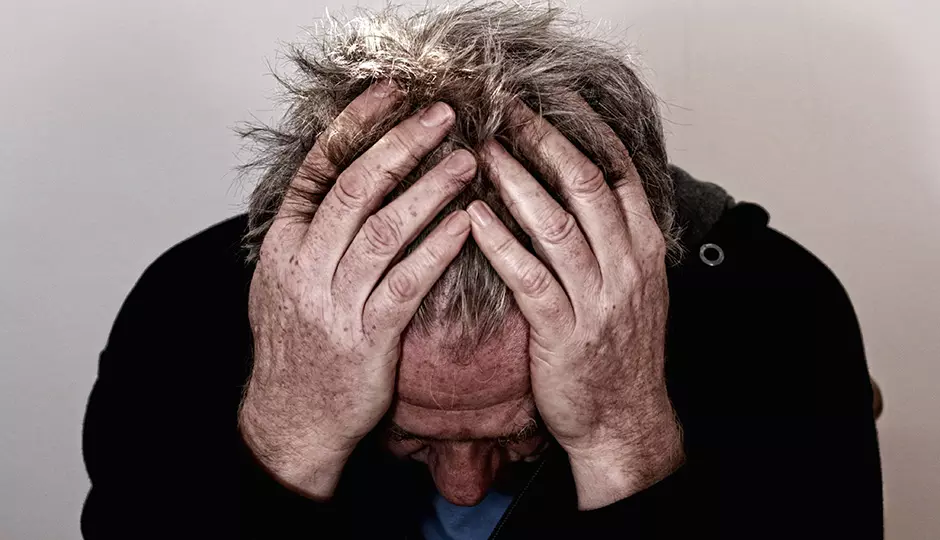Our hair is part of our personality, and we always do what we can to keep it looking its best! That is why many people may worry about the fact that hormones can cause hair loss. They may wonder why this is, and more importantly, what they can do about it. Let's take a look at how hormones play a role in hair loss so we can better understand the problem.
Too Much Estrogen in the Body
When estrogen levels are kept in perfect balance, it does wonders for your well being! It helps provide the energy that you need and also helps to stabilize your mood. However, excess estrogen can lead to thinning hair. A surplus of estrogen in the body can be caused by weight gain, elevated stress levels, poor gut health, and perimenopause. Estrogen levels also rise during and immediately following pregnancy, causing the hair to thin.
Hypothyroidism
Hypothyroidism is also known as an underactive thyroid, and it can lead to hair loss. The thyroid gland produces a hormone called thyroxine. An underactive thyroid causes dryness of the hair, which results in thinning and breakage. When the gland stops functioning normally, hair follicles are no longer able to perform, and hair growth is slowed down.
Hyperthyroidism
This hormonal condition is also known as an overactive thyroid, and it can lead to rapid hair loss due to excess thyroxine production. When the gland produces surplus hormones, it causes changes in the texture of the hair as well as thinning.
Testosterone
Too much dihydrotestosterone (DHT) in women's bodies can lead to thinning of the hair. Women that experience this may notice excess growth in other places of the body, such as the face and chest.
Use of Birth Control Pills
Artificial progestins are found in this common pill. This hormone is similar to hormones found in the male body, and it has the potential to damage hair follicles. Birth control pills can contribute to a form of hair loss called telogen effluvium, where the hair moves too quickly from the growing phase (anagen phase) to the resting phase (telogen). In the resting phase, which can last for up to 100 days, hair does not grow at all, and about 25-100 hairs are shed every day.
Stress
Stress is something that we all experience on a regular basis, however, too much can be a problem for our hair. We all know that stress has several effects on our body, but it can also lead to changes in hormonal levels, causing hair loss. This happens when acid-free radicals build up as a result of the increased stress, and the hair falls out as a result.
Insulin
There are certain foods, such as white bread, white rice, sugar, whole milk, and more, which can cause the insulin levels in the body to rise. This leads to more available dihydrotestosterone (DHT), the hormone that is the main culprit of hair loss. Those who are insulin resistant often experience thinning of the hair or hair loss. Insulin also causes the body to store fat, which can lead to excess estrogen, and therefore hair loss.
Hormonal changes in the body are responsible for the regulation of hair growth. Hormones affect the amount of hair, as well as the speed at which it grows. Imbalances can negatively affect the growth process in both men and women. At New Image Hair Clinic, we have several solutions for men's and women's hair loss. Contact us today for a free consultation.



